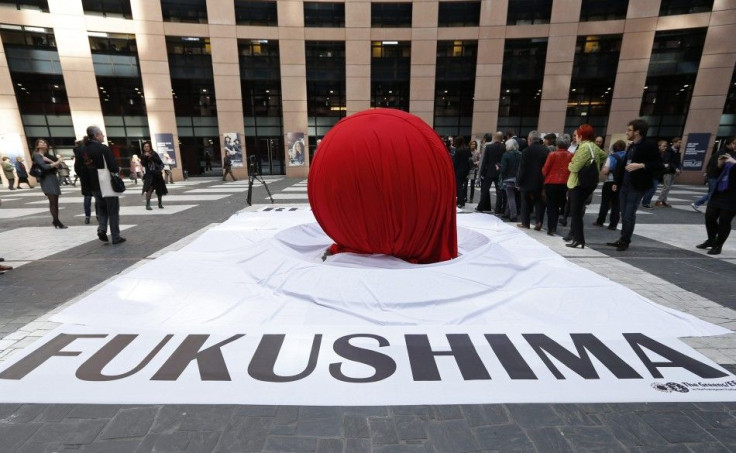Investors of Japan's Tepco Slam Atomic Restarts

Tokyo Electric Power Co (TEPCO), operator of the Fukushima Daiichi nuclear plant that got crippled by a tsunami in March 2011 after a magnitude 9 earthquake struck Japan's shores, has voted down motions to permanently close all its atomic plant projects during its annual general meeting on Thursday.
Angry protests organized by Greenpeace and shareholders rallied outside the venue where TEPCO held its shareholders meeting. Through banners, protesters urged the Japanese utility not to repeat the mistakes that led to the Fukushima crisis.
"We want shareholders to stand on our side, not the irresponsible company's side," Bloomberg quoted Hisayo Takada, Greenpeace campaigner, as saying at a rally before the meeting.
Katsutaka Idogawa, former mayor of Futaba town, where the crippled Fukushima Daiichi nuclear plant is located, blasted TEPCO for placing at risk their ancestral land.
"Why don't you get exposed to radiation yourself? Why don't you lose your homeland?" he asked other shareholders who approved of TEPCO's nuclear restart plans.
Read: Individual Shareholders of Japan Nuclear Power Plants Want Reduced Reliance on Nuke Energy - Report
Moreover, he noted the company had yet to fully pay compensation to those who lost homes, jobs, farms and their communities, while pointing out that those who had received, the pay was not enough.
"You don't pay enough compensation and don't take responsibility (for the accident). I can't forgive you!" he said.
In January, despite strong public opposition, Japan gave TEPCO the go signal to revive its Kashiwazaki-Kariwa nuclear facility. Japan essentially approved the plan to ease the country's financial spending on fossil fuel imports.
However, analyst Raymond James & Associates in a June 19 research note said it believed the Kashiwazaki-Kariwa nuclear facility will never get to restart due to local opposition and safety fears. It said the governor of Niigata prefecture has criticized TEPCO's safety record.
All 48 nuclear power plants of Japan are offline, a consequence of what happened to Fukushima Daiichi in March 2011. Plans have been consistently flaunted that they will go online someday, but the public have been vehemently against it. The Kashiwazaki-Kariwa nuclear facility, located in Niigata Prefecture, is the world's biggest. The revival plan stipulates No 6 and No 7 reactors will go online as early as July 2014.
Naomi Hirose, TEPCO president, earlier rationalized to shareholders the restart of the Kashiwazaki-Kariwa plant is essential so that "the company will be able to generate electricity from sources that will allow us to cut rates."
After two years of losses, TEPCO returned to operating profit last fiscal year, but only after hiking rates of electricity and suspending maintenance at some of its plants.




















